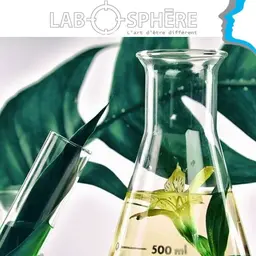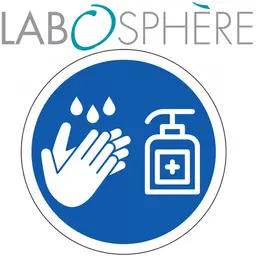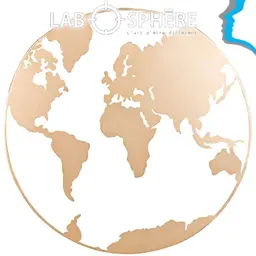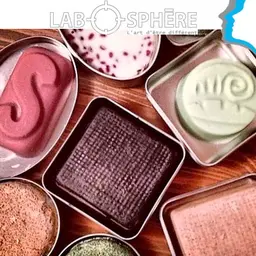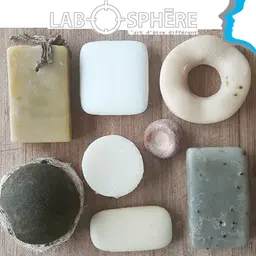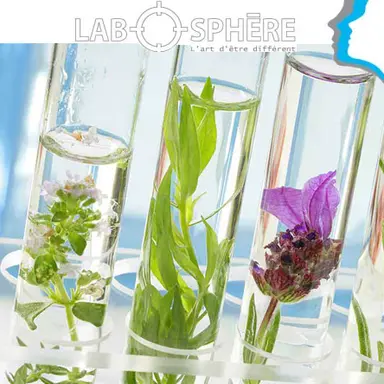
All the market research agencies say it: the Covid-19 crisis did not really give rise to new trends, but it strongly amplified all those that already existed and which the pandemic made even more relevant. The desire for naturalness is one of them. Even if it can cover quite diverse notions. How do you define a natural product? Explanation by Estelle Dehier, from the Labosphere laboratory.
As a bespoke cosmetic product development laboratory, we have our customers fill out a specification to precisely detail their expectations in terms of product development and positioning.
One of the wishes most often encountered in recent times is: “the most natural product possible, and without controversial ingredients”. But what do we mean by “natural product” or product of “natural origin”? We offer you a short tour of the different definitions.
Naturalness… a whole program…
The definition below has been developed by the French Autorité de Régulation Professionnelle de la Publicité - Professional Advertising Regulatory Authority (ARPP) and appears in version 8 of the Recommandations “Cosmetic Products” applicable since 1 July 2019.
“A natural cosmetic product can only be qualified in its entirety as ‘natural’ or ‘of natural origin’ if its natural content or content of natural origin, within the meaning of the ISO 16128 standard or of any other standard at least as demanding, is greater than or equal to 95%.
An organic cosmetic product can only be qualified as ‘organic’ if it meets at least one of the following conditions:
• It contains 100% of ingredients certified as originating from organic farming
• It’s been certified organic by a …

